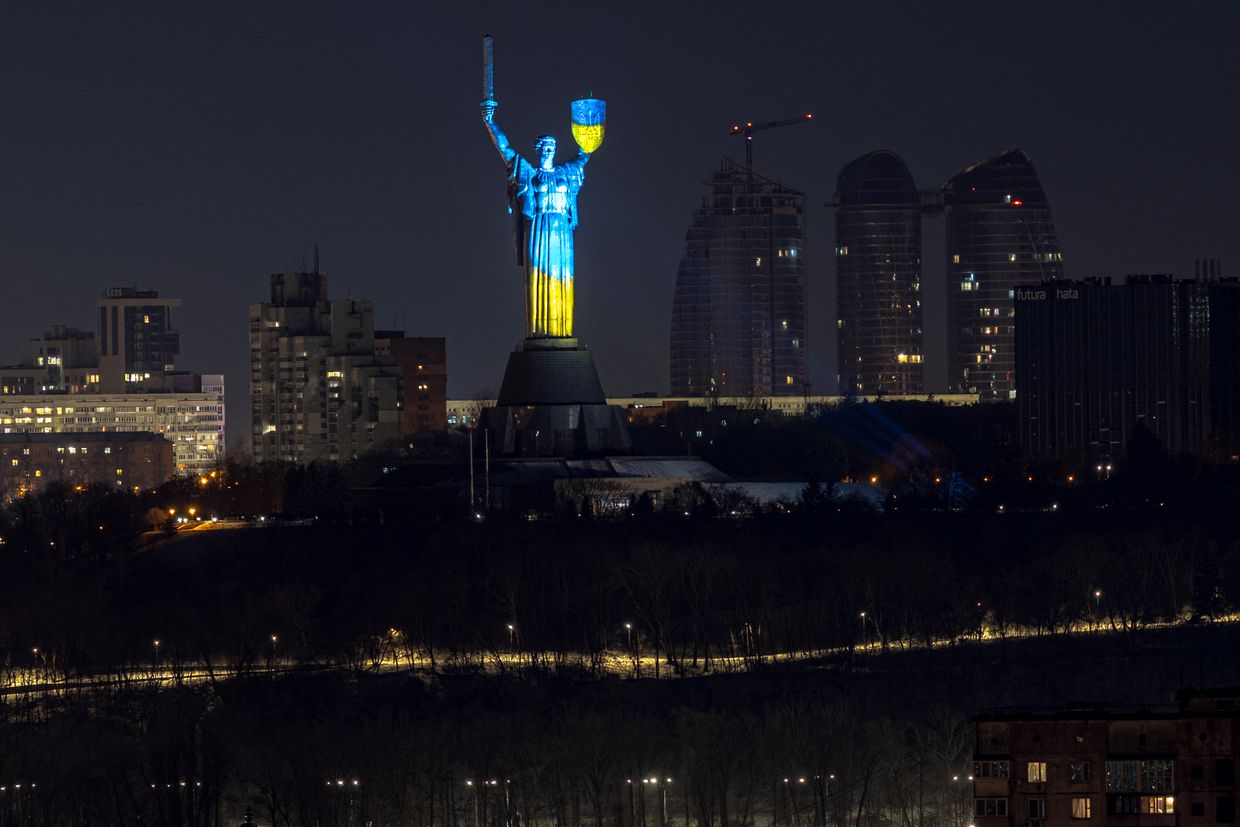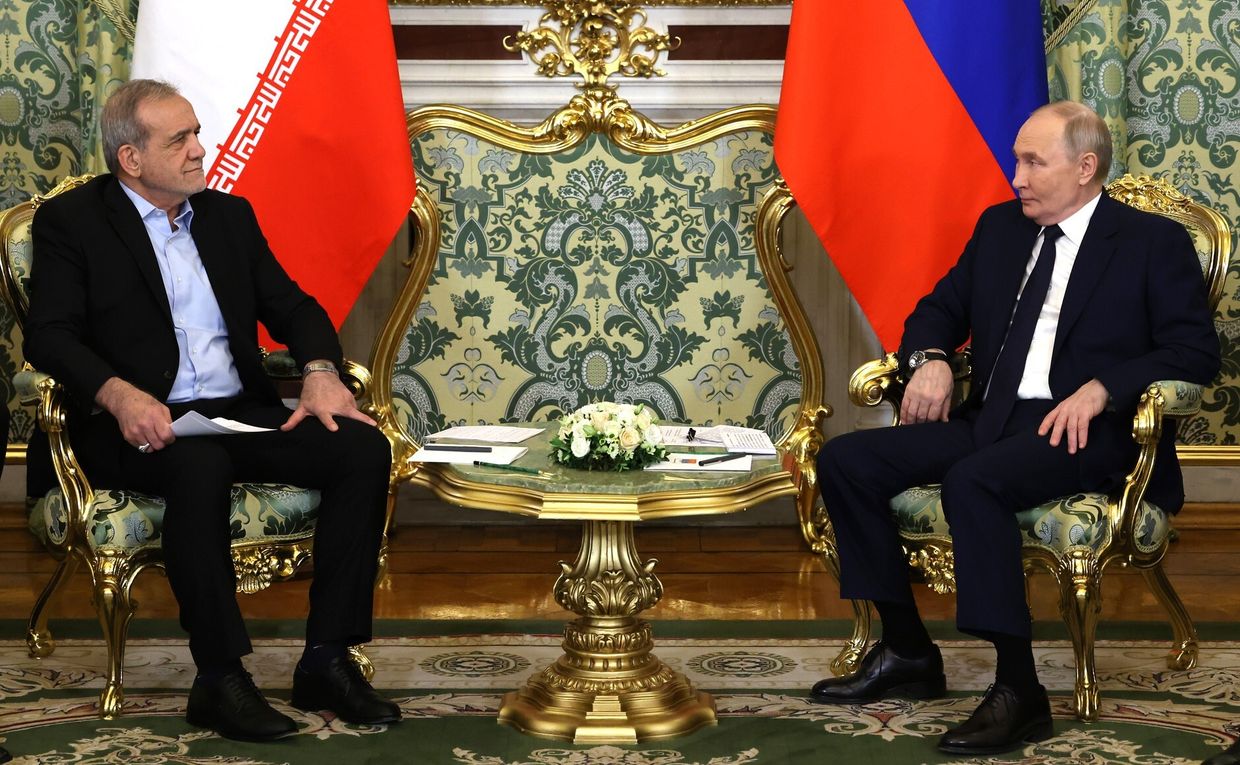
Voice of America correspondent Ostap Yarysh fired following DOGE review
Since Russia’s full-scale invasion began, Ostap Yarysh, who joined VOA's Ukrainian service in 2019, has focused on covering U.S. military assistance to Ukraine.

Since Russia’s full-scale invasion began, Ostap Yarysh, who joined VOA's Ukrainian service in 2019, has focused on covering U.S. military assistance to Ukraine.
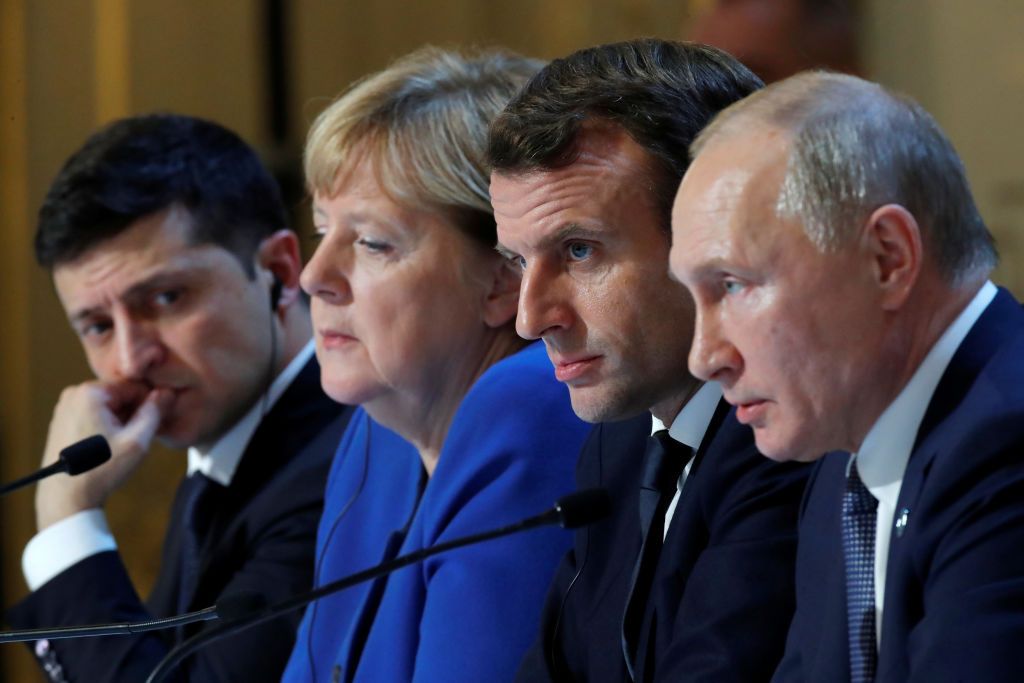
As U.S. President Donald Trump continues to push for a swift end to the war in Ukraine, fears are mounting that Kyiv could be forced to accept a peace deal on unfavorable terms, and that will leave it vulnerable to future Russian attacks. The fears aren't unfounded. After Russia
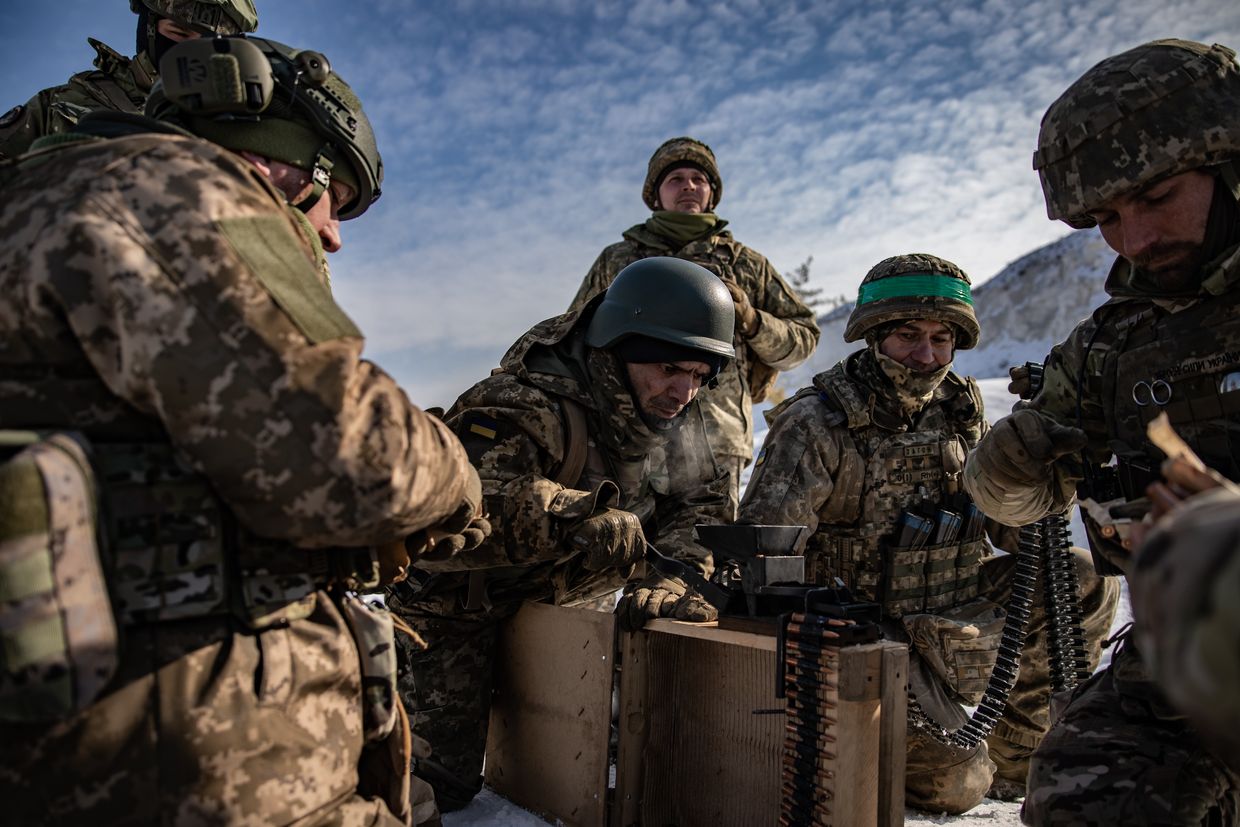
Days after U.S. President Donald Trump ordered a pause in sharing U.S. intelligence, the Ukrainian military has reported little effect from that decision on the front. The pause is likely to have a higher toll on Ukrainian cities and infrastructure, experts and military officials say. The U.S.
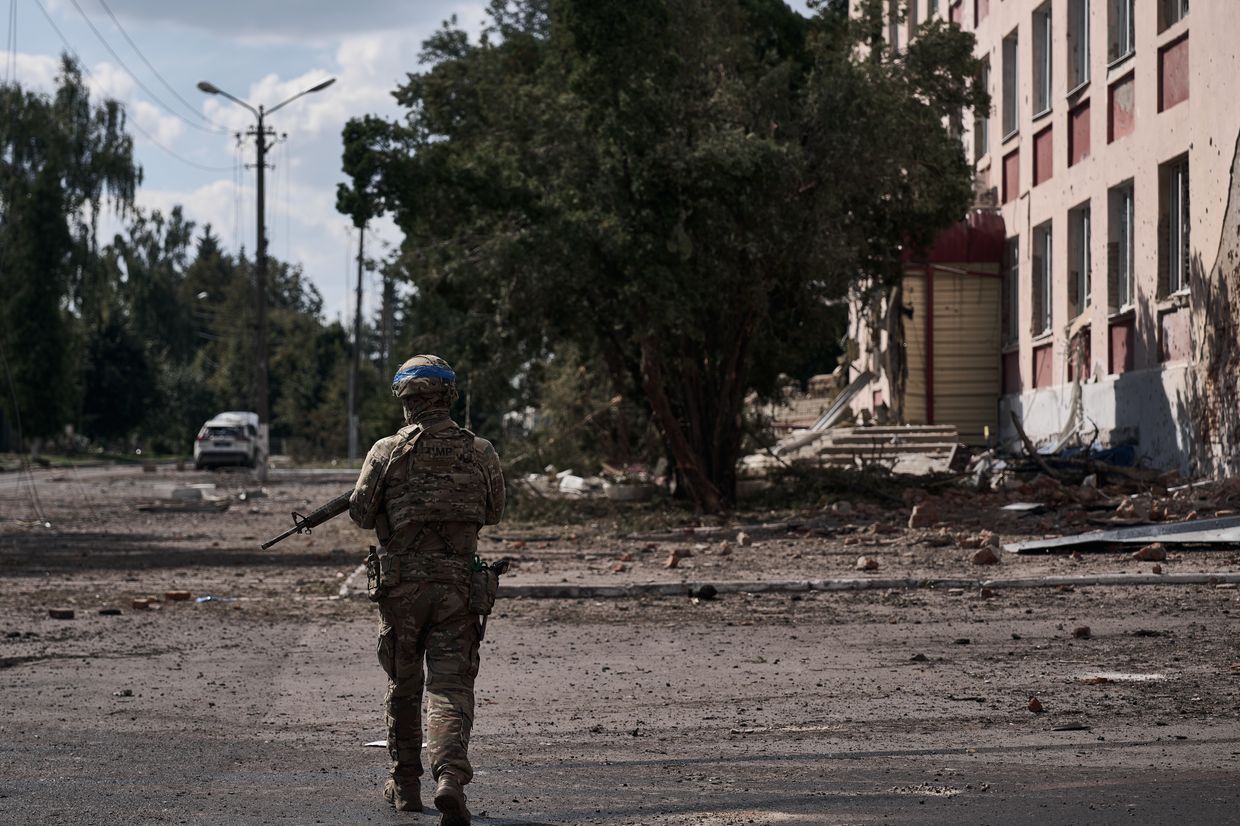
Key developments on March 7: * Ukrainian troops' logistics in Kursk Oblast destroyed, they face risk of encirclement, sources say * Trump says he considers sanctioning Russia because it's 'pounding' Ukraine * Trump accuses Ukraine of being 'more difficult to deal with' than Russia * French-made Mirage 2000 jets join Ukraine's defense against Russian

Some Republican lawmakers warned that a too long pause in military aid could have a devastating effect on Ukraine's combat capabilities and undermine its leverage in talks with Moscow.

U.S. President Donald Trump's decision to pause sharing intelligence with Kyiv has raised fears in major Ukrainian cities that Russian missile attacks could now occur without any warning. "It will be a catastrophe," Oleh Yeremenov, a fourth-year film directing student, told the Kyiv Independent on the streets of Kyiv

U.S. President Donald Trump finds it more difficult to deal with Kyiv than with Moscow, despite the fact that "Russia is bombing the hell out of Ukraine," he said during a White House briefing on March 7.

In a city usually synonymous with bloated bureaucracy, not all official gatherings are worth the fuss. The emergency EU summit on March 6, however, was one to remember. EU member states agreed to unlock what could amount to an unprecedented 800 billion euros ($867 billion) for defense spending amid mounting
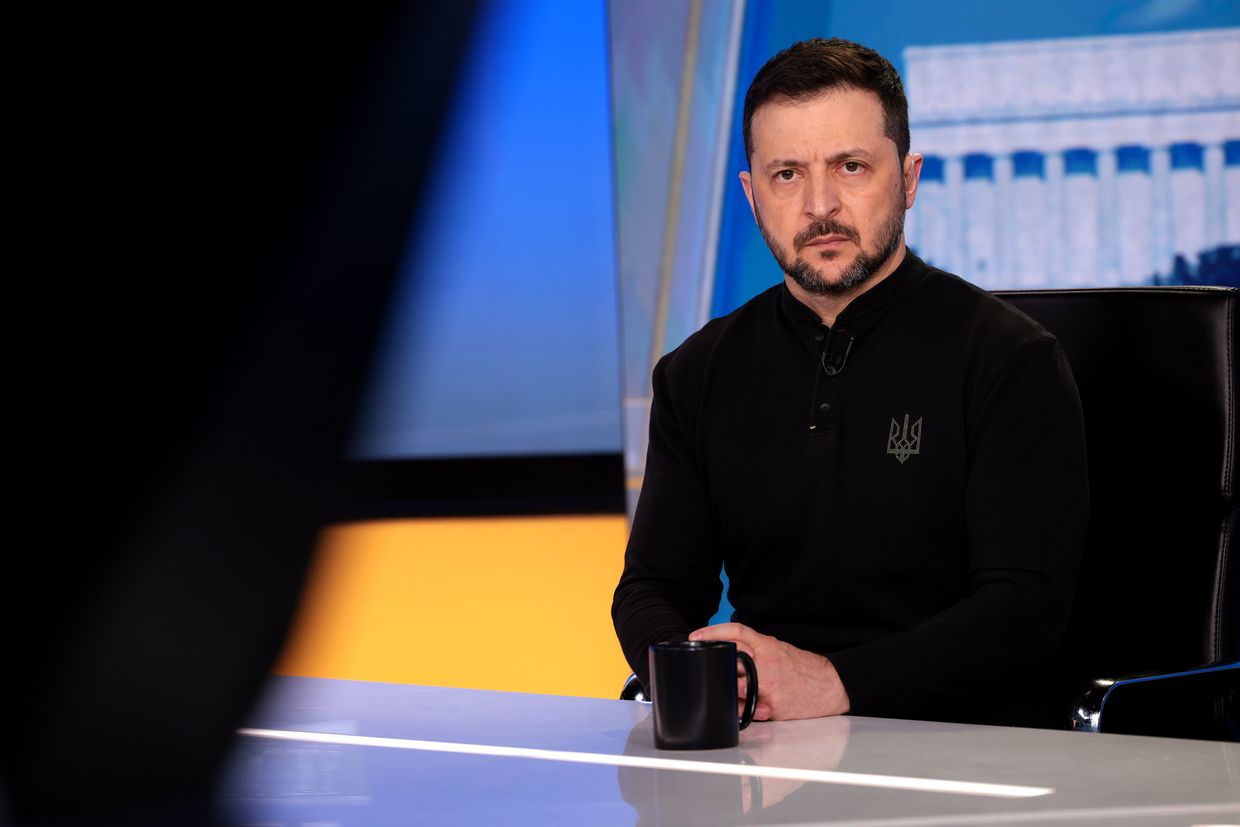
As Washington continues to pressure Kyiv into submission, President Volodymyr Zelensky stands at a painful crossroads — agree to U.S. demands or chart a course without Washington, pinning Ukraine's hopes for survival on Europe alone. Neither option seems reassuring for Ukraine. U.S. President Donald Trump's constant verbal attacks against
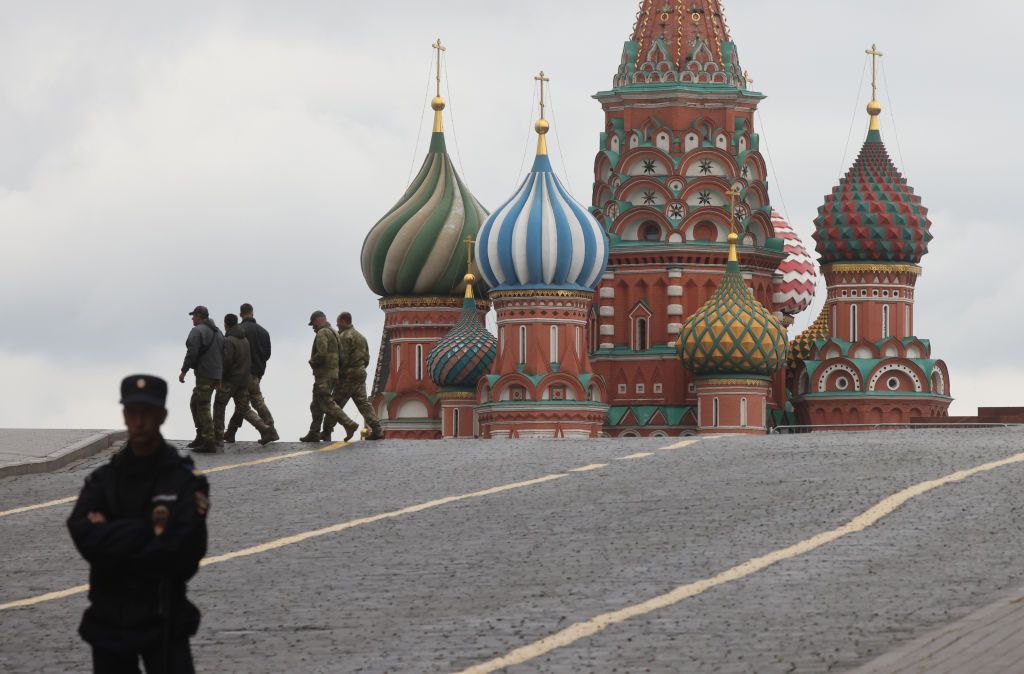
The proposed recommendations focus on lifting restrictions on the aviation and banking industries, investments, and luxury goods shipments.

"We have not received such proposals," spokesperson Heorhii Tykhyi said during a press briefing, downplaying the significance of "certain formulations that could be heard in the media."
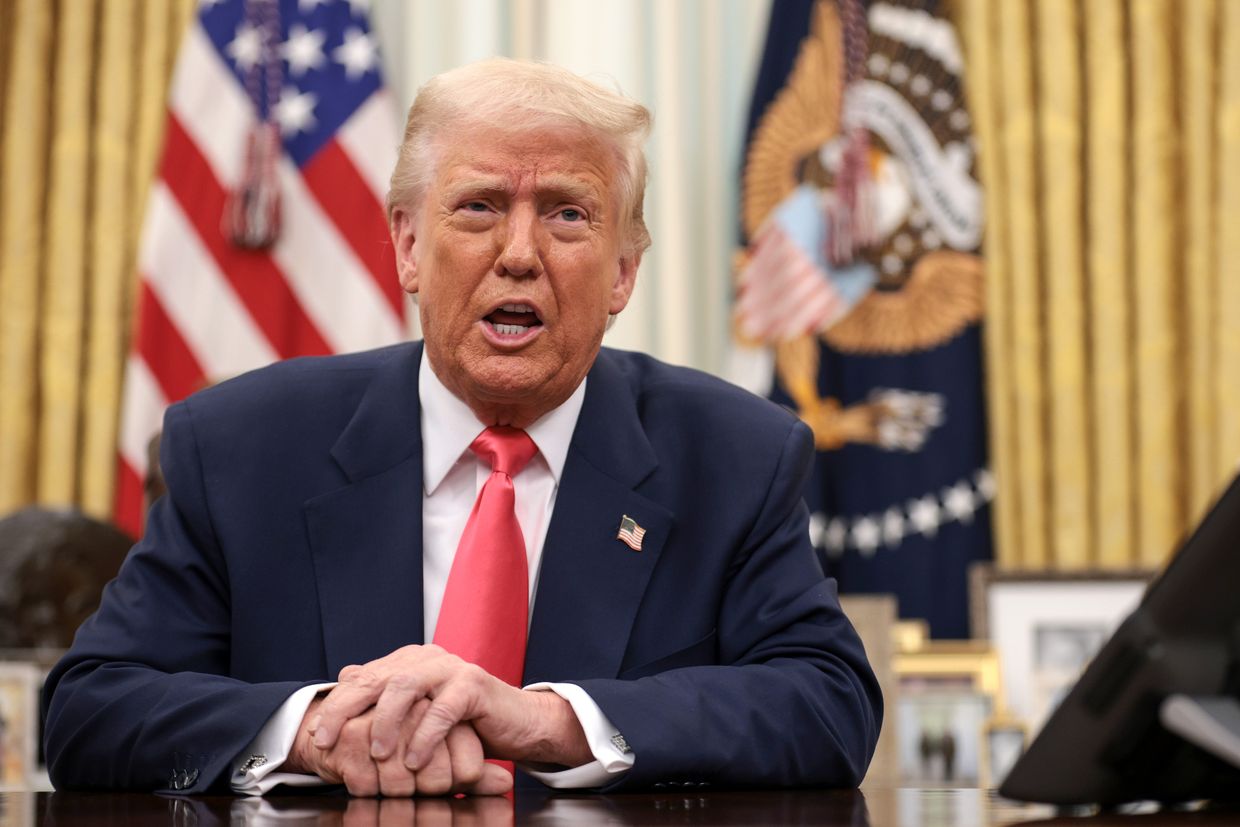
U.S. President Donald Trump's claim to be the only person who knows why Russia wants to "make a deal" and end the war in Ukraine is "probably just bluster," experts have told the Kyiv Independent. Speaking to reporters in the White House on March 6, Trump addressed his ongoing
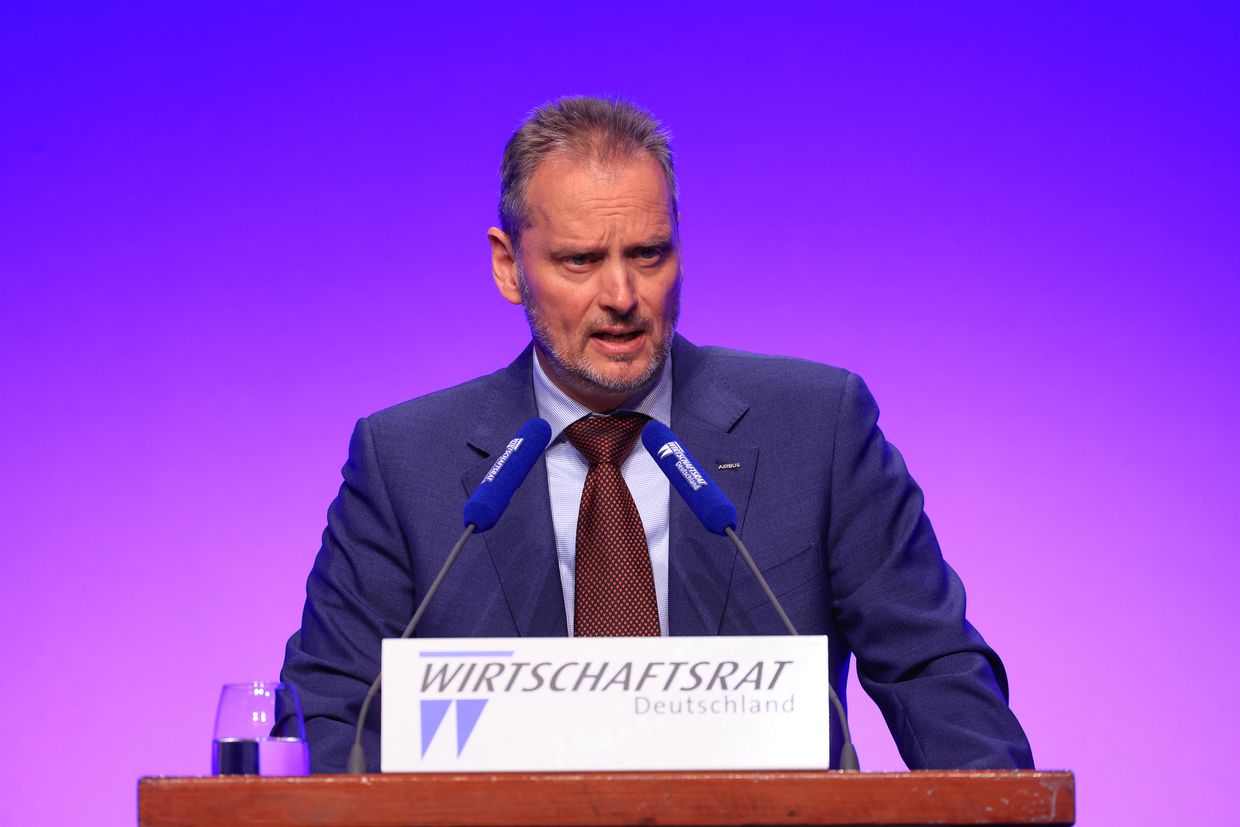
Denmark may already be realizing that purchasing U.S.-made F-35 fighter jets was a questionable decision, particularly "if they actually had to defend Greenland," the CEO of Airbus Defence and Space, Michael Schollhorn, said.
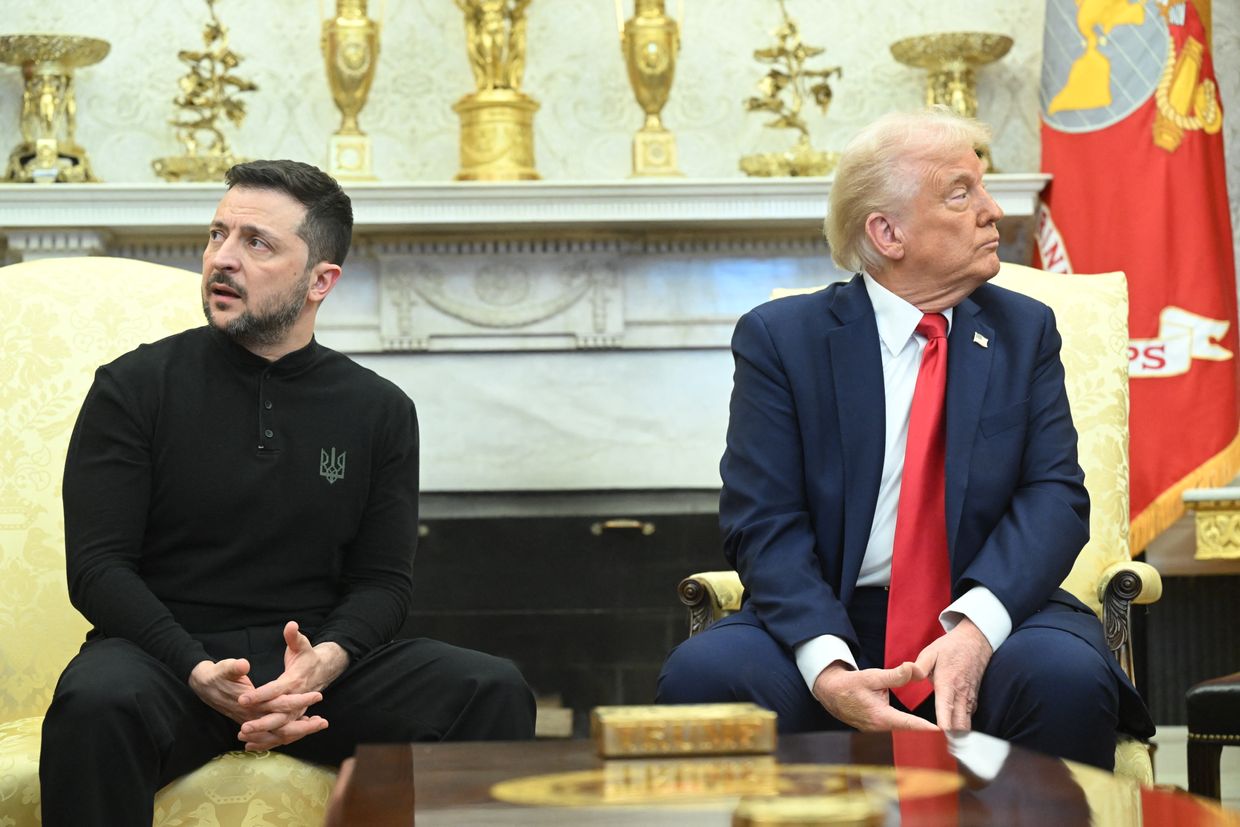
The most significant jump came after the Feb. 28 Oval Office meeting, which ended in a public dispute over security guarantees for Ukraine and the cancellation of the U.S.-Ukraine mineral agreement signing.
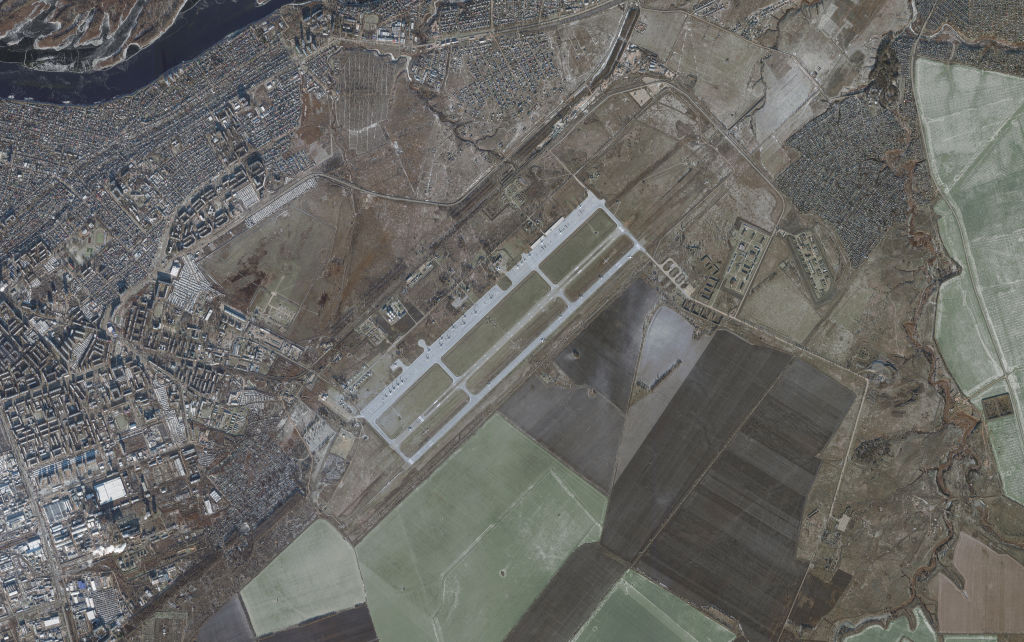
Kyiv has relied on high-resolution satellite images for defense and strategic planning, tracking Russian troop movements, assessing battlefield conditions, and monitoring Russian infrastructure damage.
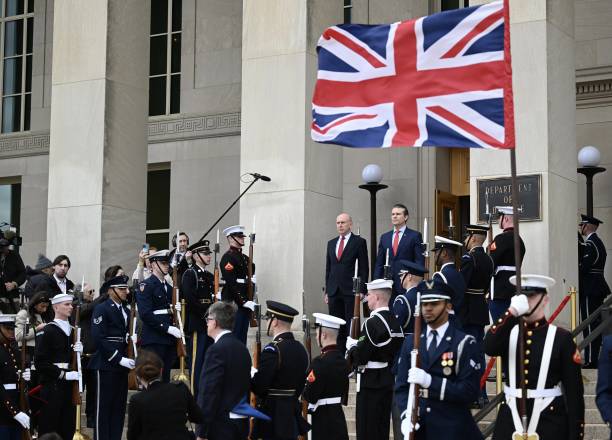
During a meeting with his counterpart on March 6, U.S. Defense Secretary Pete Hegseth hailed the United Kingdom for "stepping up" in taking a lead among European allies to support Ukraine.
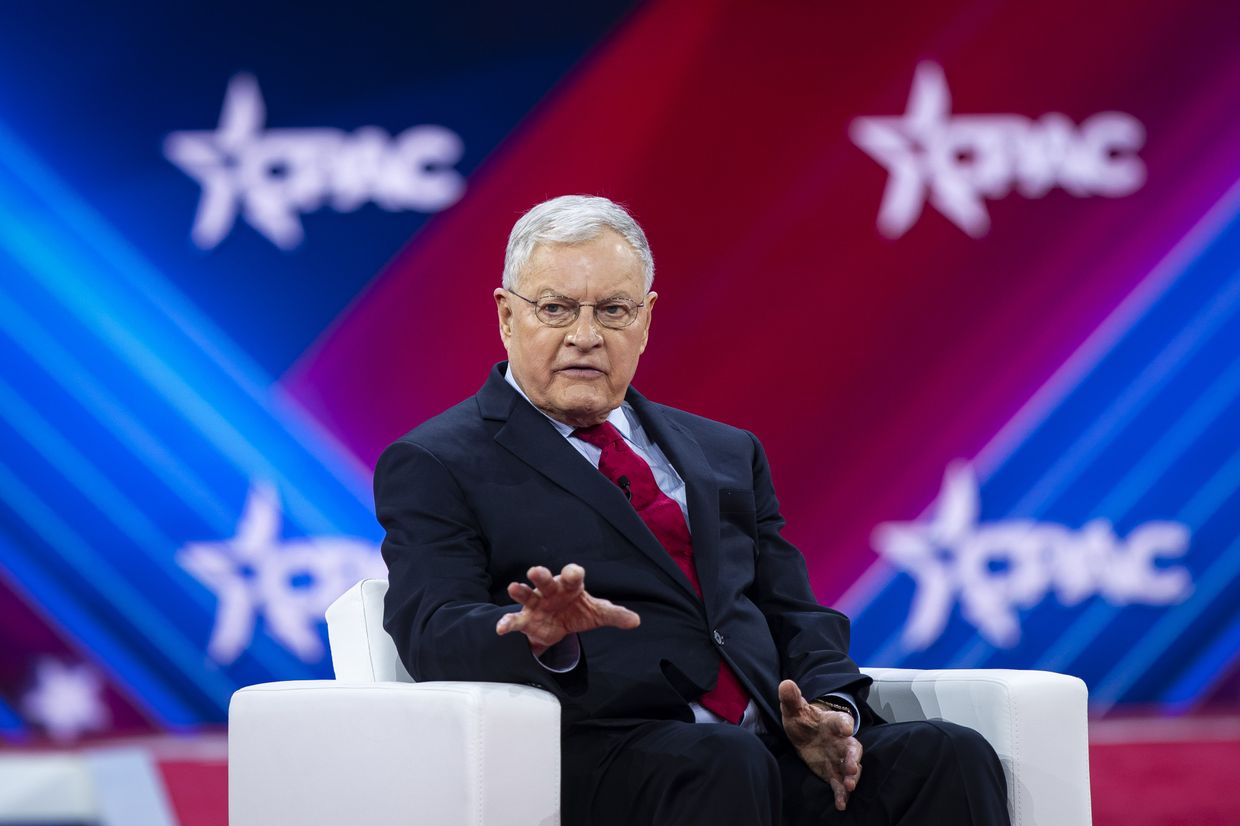
U.S. President Donald Trump's special envoy for Ukraine, Keith Kellogg, suggested on March 6 that Ukraine was to blame for the U.S. halting military aid and intelligence sharing with Kyiv, saying that the embattled nation "brought it on themselves."
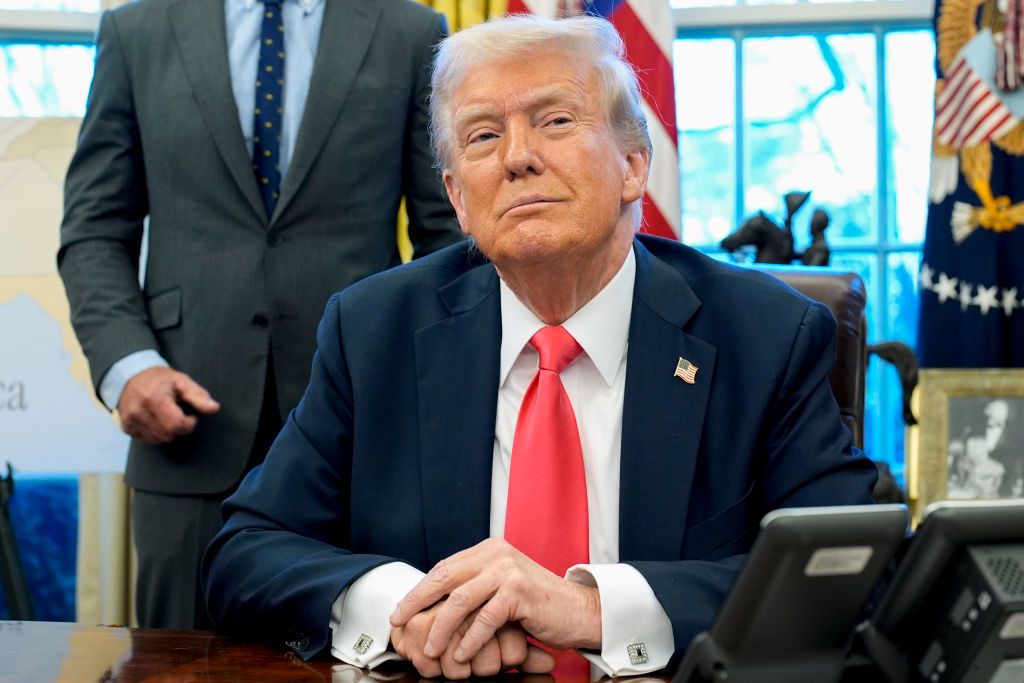
"I will say that we've made a lot of progress with Ukraine and a lot of progress with Russia over the last couple of days and it'd be great to bring (the war) to an end," U.S. President Donald Trump said on March 6.
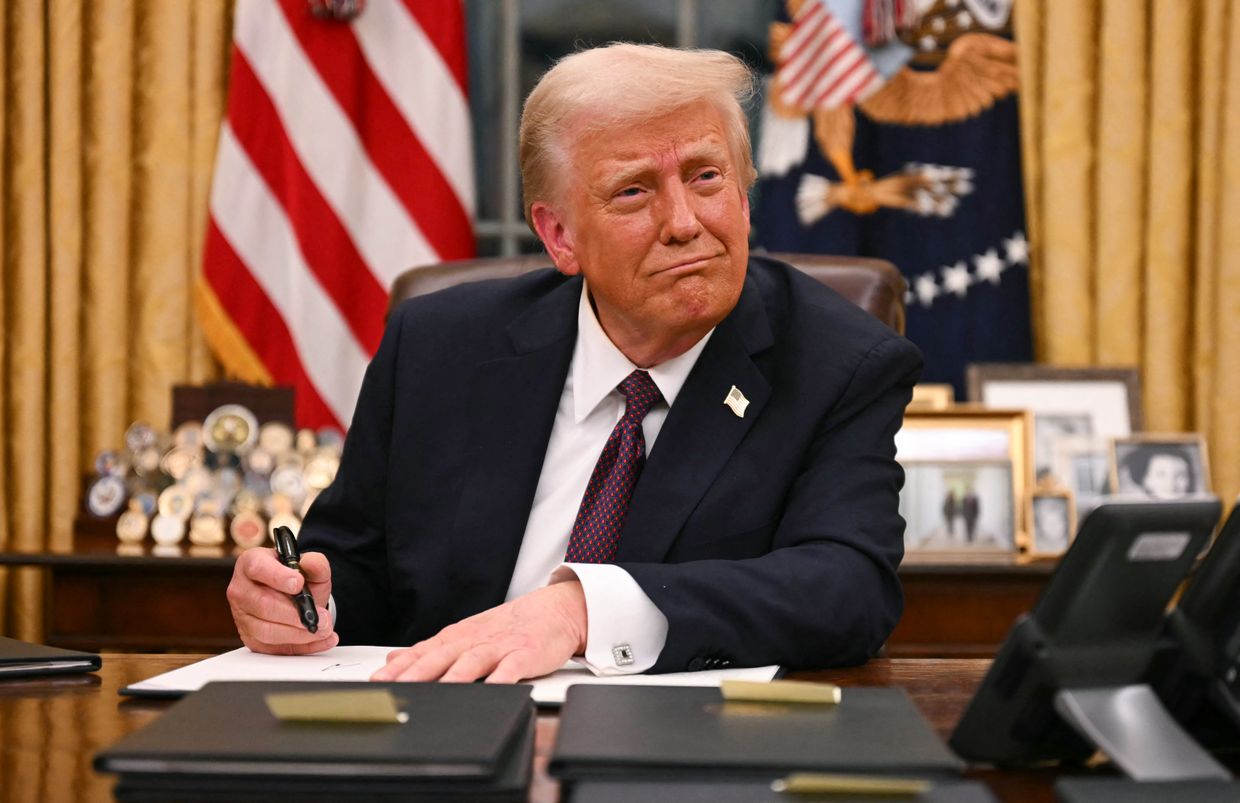
"I'll be making a decision pretty soon," Trump told reporters in the Oval Office on March 6. "But we're not looking to hurt them. Especially Ukrainians. They've gone through a lot."
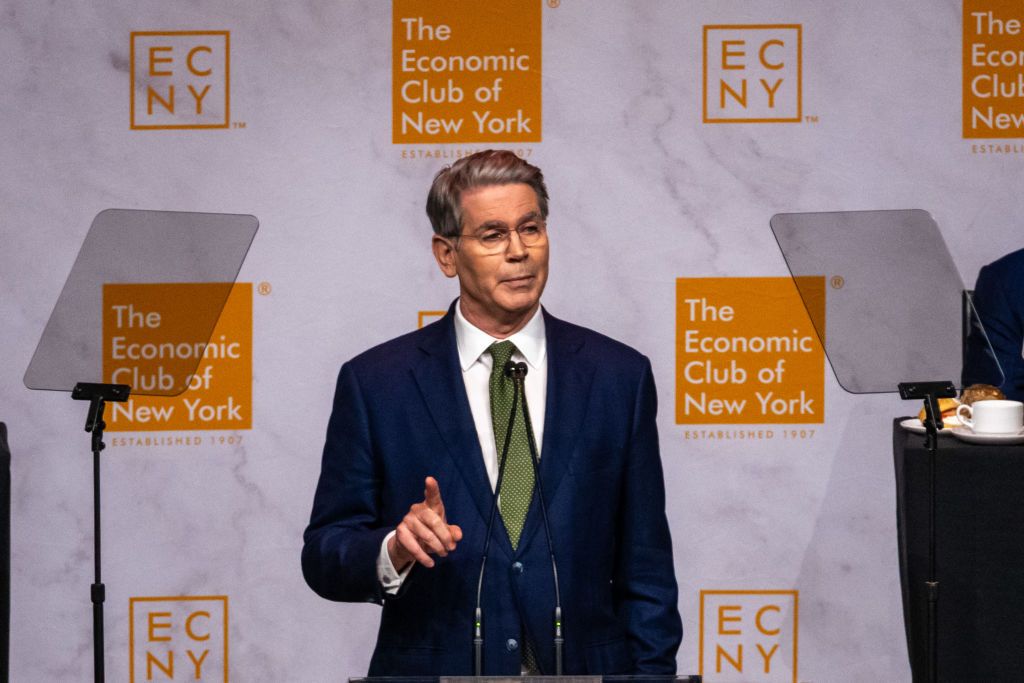
"This administration has kept the enhanced sanctions in place and will not hesitate to go 'all in' should it provide leverage in peace negotiations," U.S. Treasury Secretary Scott Bessent said on March 6.
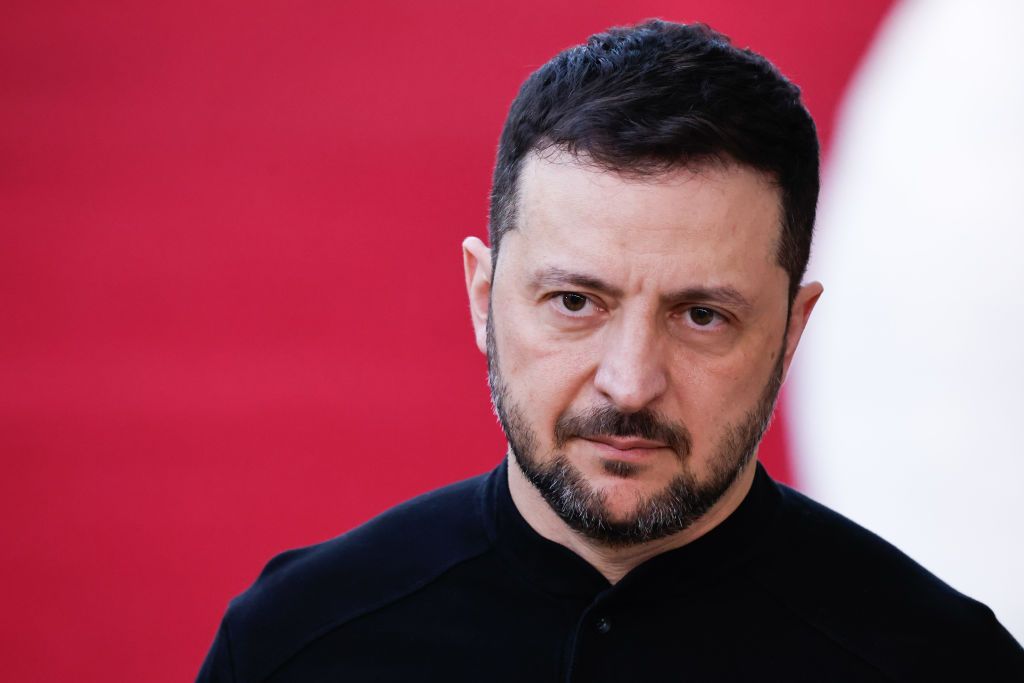
Key developments on March 6: * Ukraine, US delegations to meet next week, Zelensky announces * Istanbul talks can't serve as basis for Ukraine-Russia peace deal, Kellogg says * European air forces could protect Ukraine from Russian aerial strikes, experts suggest * Ukraine working on alternatives to US intelligence, defense minister says * US intelligence
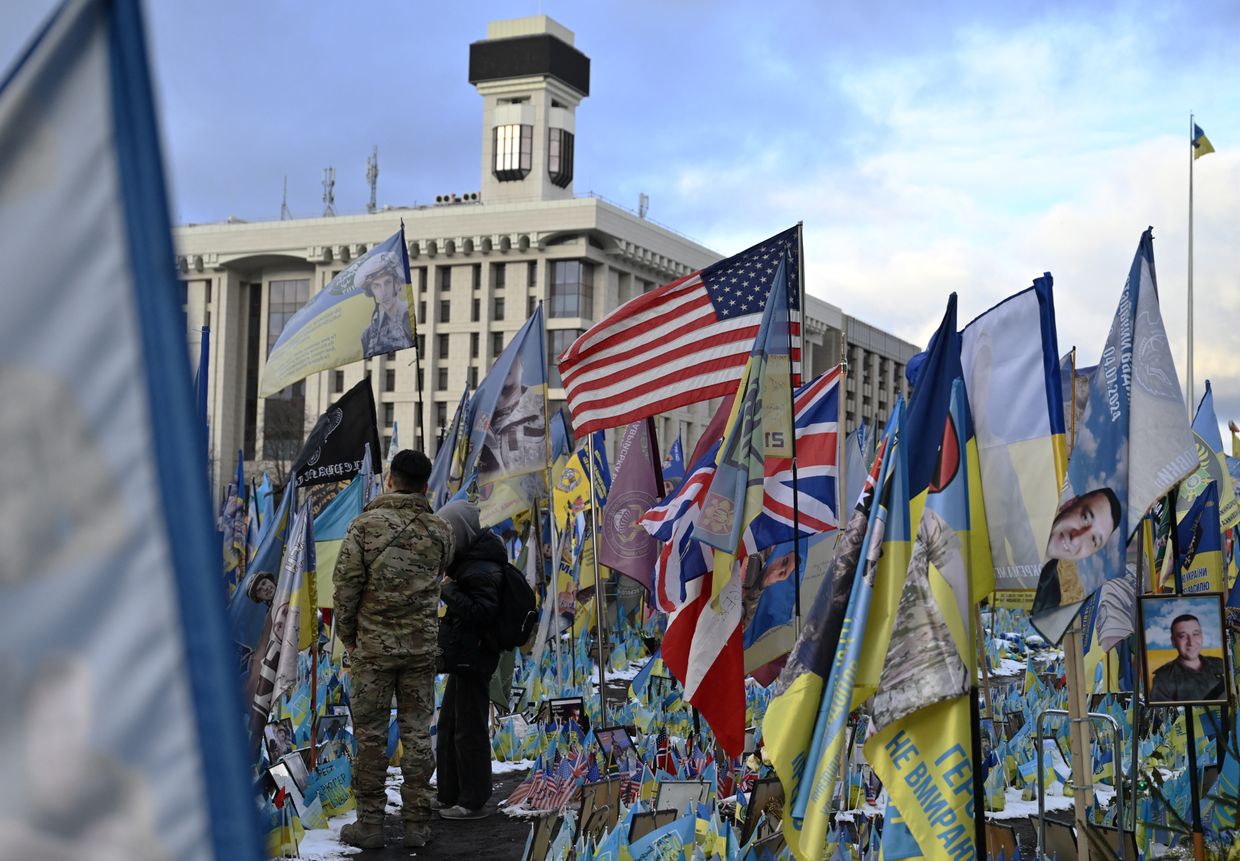
Editor’s note: In accordance with the security protocols of the Ukrainian military, soldiers featured in this story are identified by first names and callsigns only. American volunteer soldiers fighting in Ukraine say that they feel “betrayed” by their own country after the U.S. halted military aid and stopped
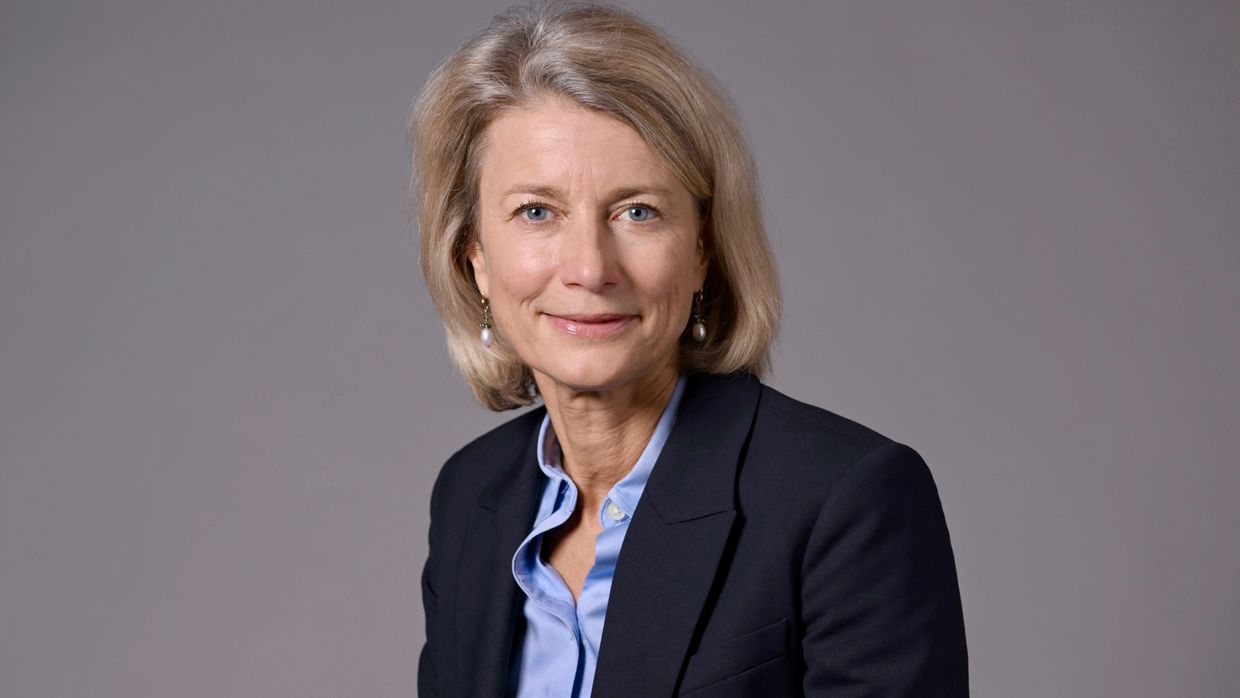
"Everyone is asking us today, 'Can you replace the large number of terminals of Starlink in Ukraine,' and we are looking at that," Eutelsat CEO Eva Berneke told Bloomberg.
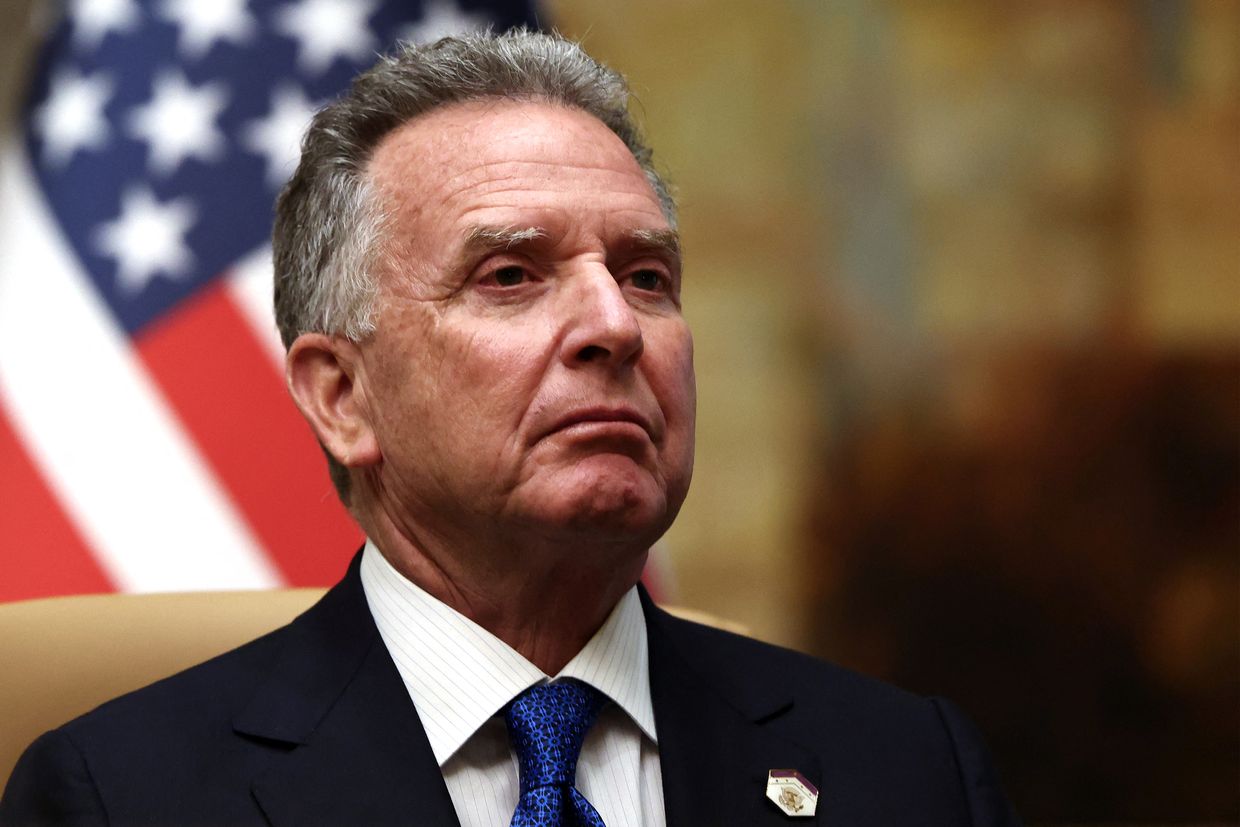
"The idea is to get down a framework for a peace agreement and an initial ceasefire as well," U.S. President Donald Trump’s envoy for the Middle East, Steve Witkoff, said.
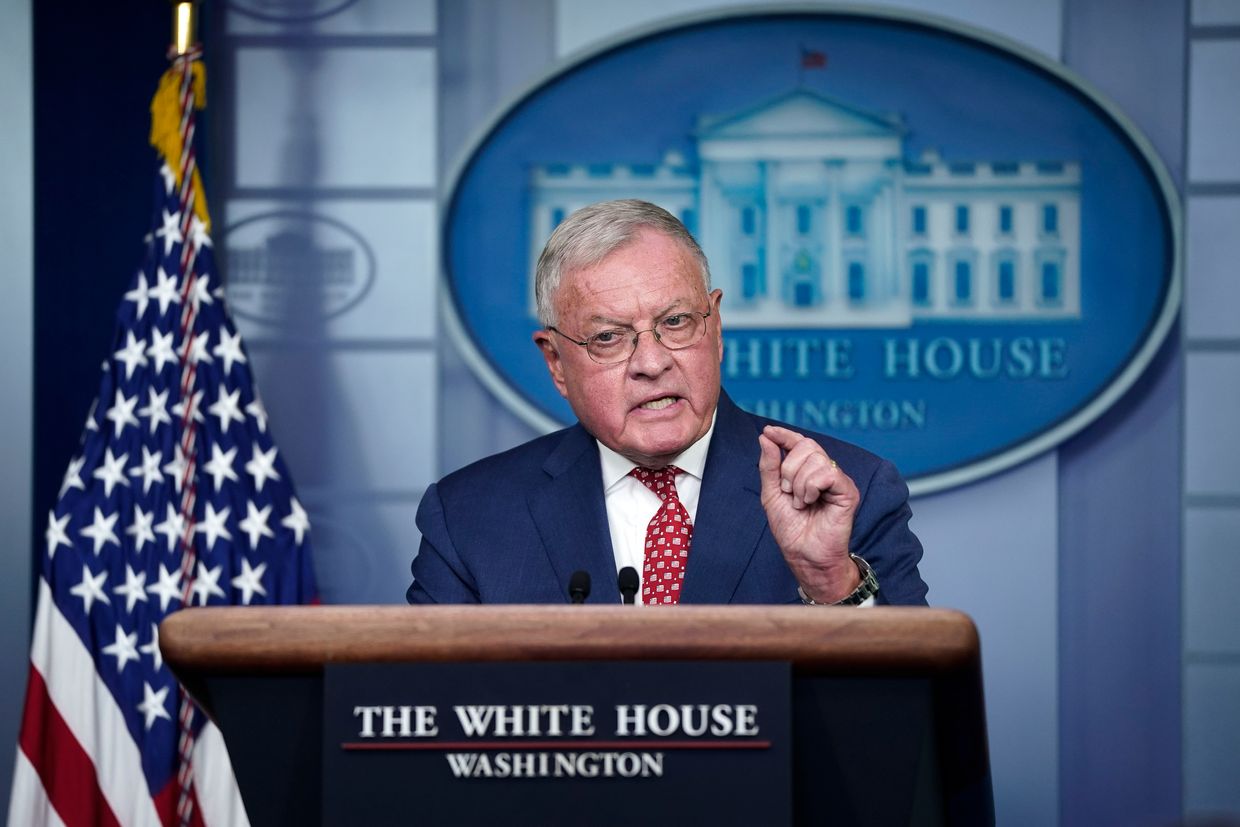
"The Istanbul accords happened 30 days after the invasion, and the demands in Istanbul were fairly significant on a very weakened Ukraine," U.S. President Donald Trump's special envoy for Ukraine, Keith Kellogg, said.
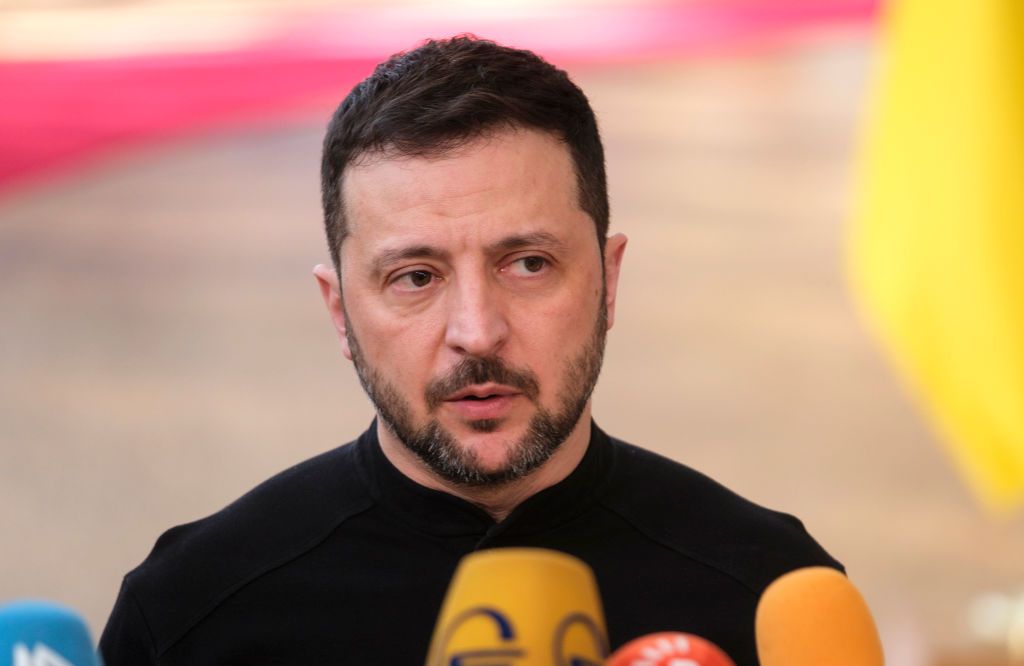
Ukraine and U.S. delegations have resumed work and are scheduled to meet next week, President Volodymyr Zelensky announced at the Special European Council on March 6.
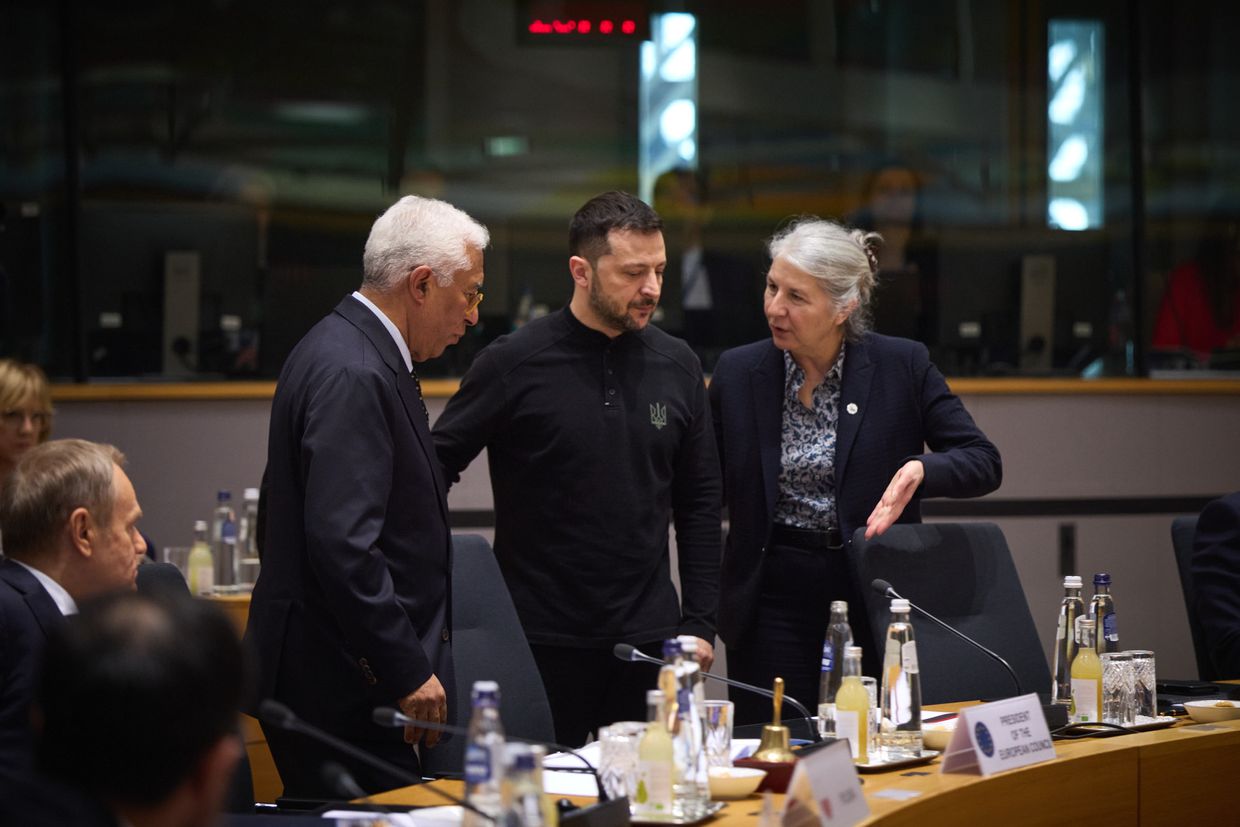
"Ukraine is not only ready to take the necessary steps for peace, but we are also proposing what those steps are," President Volodymyr Zelensky said during his speech at the Special European Council on March 6.
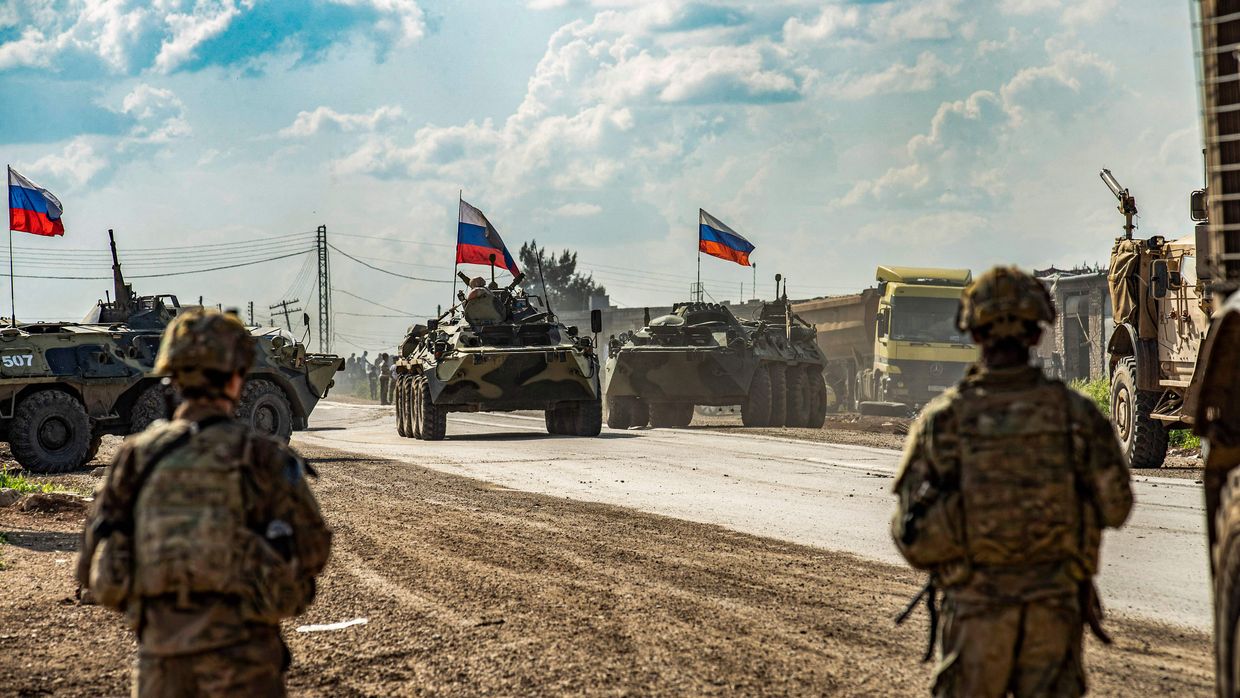
With every day of the new White House administration that passes, the chances of Russia being brought in from the cold on the international stage after its full-scale invasion of Ukraine appear to be increasing. U.S. President Donald Trump's ongoing Kremlin charm campaign has seen Ukraine and Europe sidelined
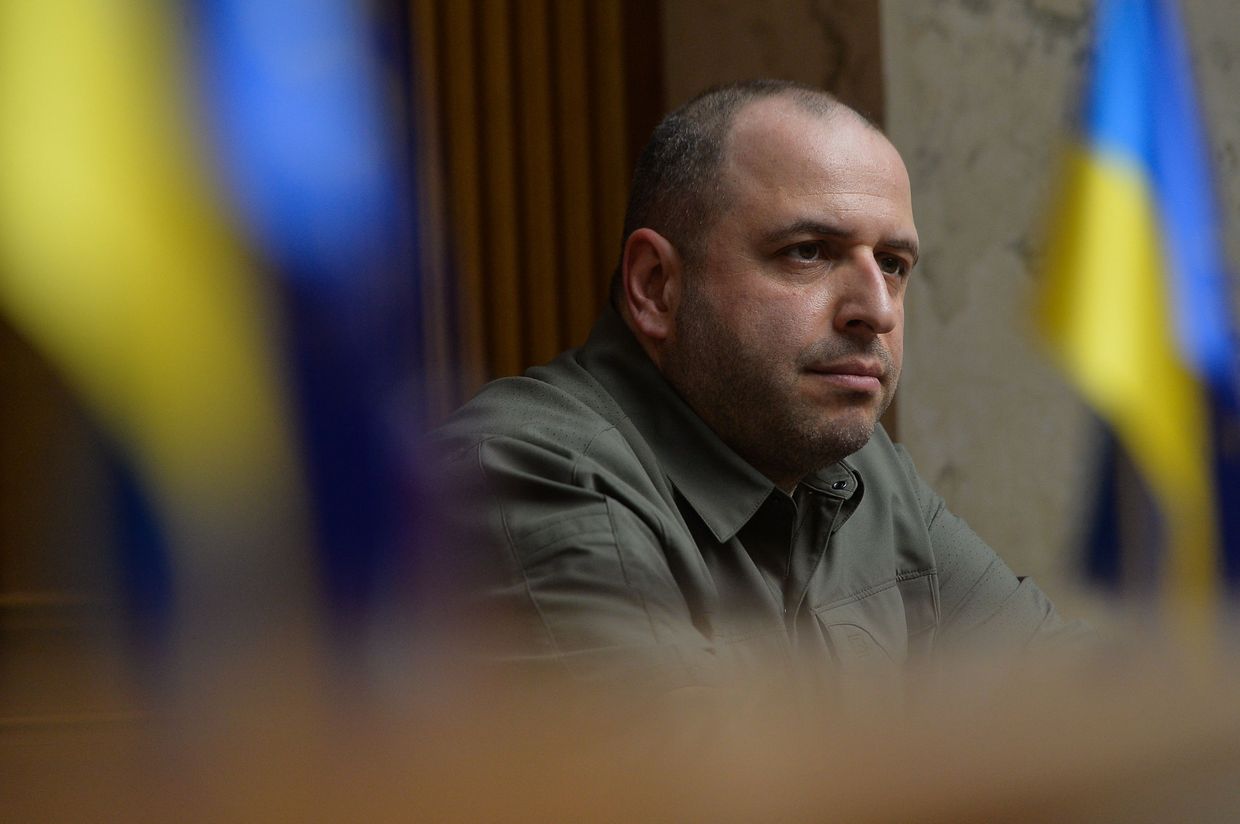
"We are already working on alternatives, including requesting (assistance) from Germany if necessary," Umerov said at a press conference in Berlin.
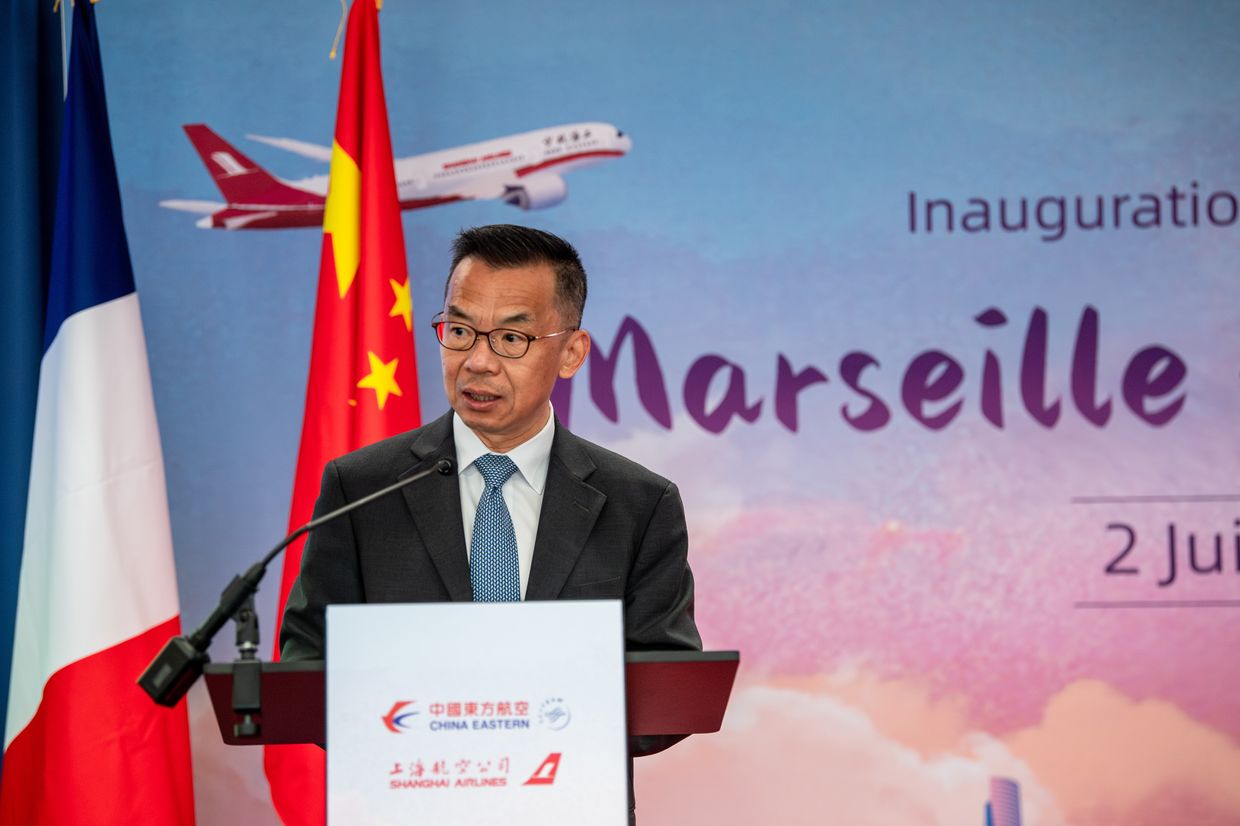
"When you look at how the Trump administration has implemented a brazen and domineering policy towards Europe, treating its allies in this way, honestly, from a European perspective, it's quite appalling," China's special envoy for European affairs, Lu Shaye, said.
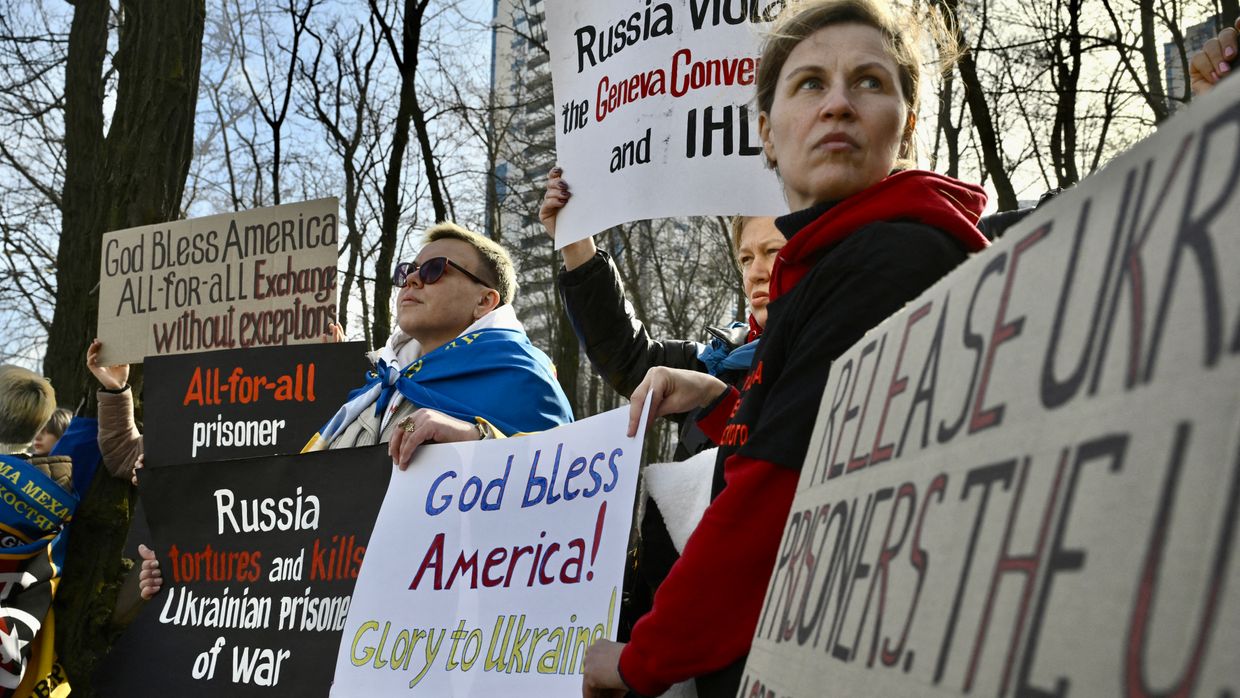
Protesters demanded an "all-for-all" prisoner exchange before any peace deal with Russia is signed.
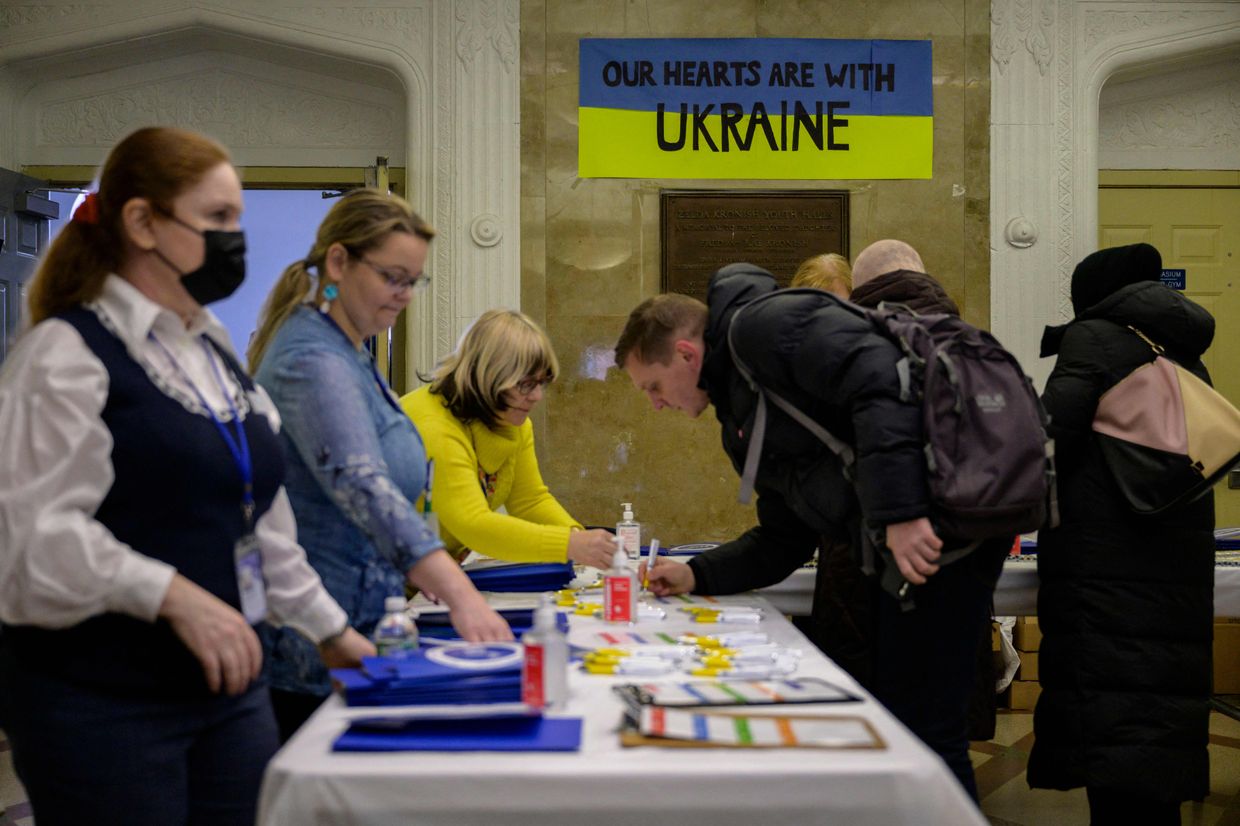
The plan predates U.S. President Donald Trump's public spat with President Volodymyr Zelensky on Feb. 28 and is part of broader efforts to revoke the legal status of more than 1.8 million people staying in the U.S. on humanitarian grounds, Reuters reported.
